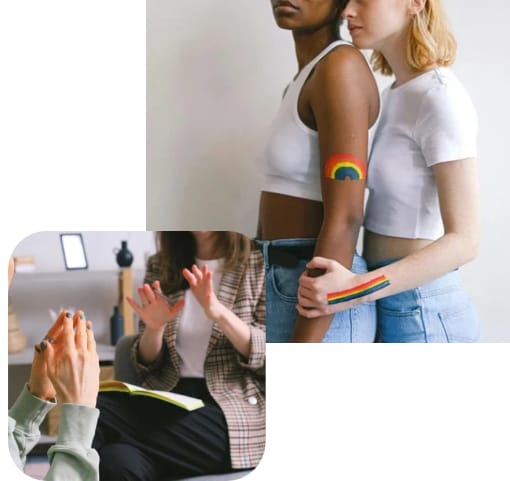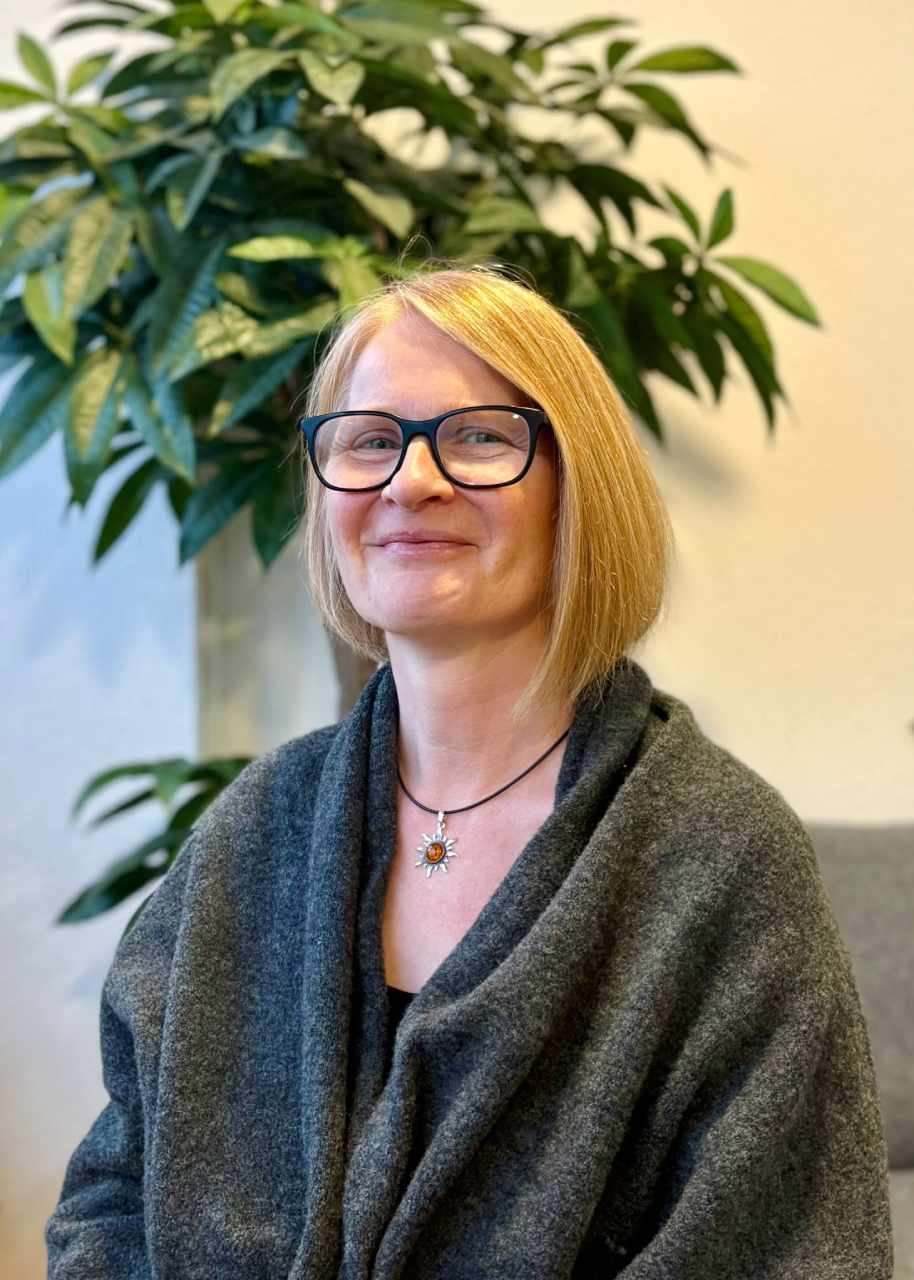
Individual & Diverse
Other Relationship Forms
In addition to classic and well-known alternative relationship models, there is a wide variety of individual relationship forms based on specific values, preferences, or dynamics. Some partnerships are based on clear role distributions, while others are shaped by special structures or individual agreements.
Relationships can go far beyond what is considered “classic” by society. While some couples feel comfortable in monogamous or open structures, there are numerous other models based on specific needs, values, and dynamics. In some relationships, fixed role distributions are central, while in others, special rules and agreements are decisive.
Regardless of the form of the relationship, problems can always arise that also occur in conventional relationships, such as communication or jealousy. In relationships that do not follow the classic monogamous model, these issues can be more complicated to discuss, as alternative relationship forms may involve additional factors, such as multiple partnerships or different power dynamics. In general, it is important to know that such relationship forms should always be based on mutual consent, and one must be aware of their own boundaries to enable a foundation of trust while also respecting one’s own needs.
Do you have questions about
Couples Therapy?
If you have any questions, feel free to call us or send us an email. We will be happy to advise you in a free initial consultation.
Possible alternative relationship models
In an FLR, the woman consciously takes on the leading role within the partnership. This can extend to various areas, for example in everyday decisions, financial matters, or intimacy. The degree of leadership and control is always determined individually.
Solo polyamorous people live polyamorously but do not have a classic “primary relationship” or shared households with partners. They value their independence and autonomy while still maintaining deep emotional or romantic connections with multiple people. This relationship form emphasizes self-determination and personal freedom.
A swinger relationship is a partnership in which both partners consensually engage in sexual contacts with other people outside the relationship, while the emotional bond in the primary relationship remains intact. Unlike open relationships, which often involve individually tailored agreements, swinging usually takes place within a specific framework, for example through joint visits to swinger clubs. This form is often chosen to experience sexual variety or to live out shared fantasies without questioning the existing partnership.
The 24/7 relationship is a special form of cohabitation in the BDSM context, integrating both sexual and social aspects into the relationship. In this arrangement, one partner (the submissive/Sub) entrusts themselves completely to their dominant partner (Dom) at all times and also hands over responsibility for everyday life fully or predominantly. The dominant partner may have certain privileges, such as permission to have additional partners, but this is not always the case and is always determined individually.
Conflict situations in alternative relationship forms
- 1Unclear or Changing Boundaries: When roles and expectations shift.
- 2Problematic Changes in Power Dynamics: When one partner feels over- or under-challenged (e.g., too much responsibility or too little guidance and security) or when unconscious boundary violations occur.
- 3Emotional Dependence: When one partner becomes too dependent on the role of the other.
- 4Balance Between Daily Life and Role Definition: Difficulties in switching between everyday relationship life and dynamic roles.
- 5Temporal or Emotional Overload: A strict role distribution can become challenging over time, causing personal needs to be neglected.
- 6Difficulties in Ending the Relationship: When a highly structured relationship ends, it can be hard to reintegrate into ordinary daily life alone.
Our Couples Therapists
Our experienced couples therapists are happy to advise you on your concerns and support you in finding your way back to a happy and fulfilling relationship.
FAQs
Friends can be good conversation partners. However, they lack the distance and neutrality needed to provide effective, solution-oriented help in a relationship crisis. The knowledge and experience of a couples therapist with years of experience are invaluable. Talk as openly as possible about your relationship. Your couples counselor will help you communicate your needs in a loyal and objective manner, while being honest with yourself and your partner.
Yes, we offer a free initial consultation. This is an opportunity to discuss your concerns, clarify any open questions, and work together to determine how we can best support you. Click here to schedule an appointment directly.
It is important that you feel comfortable with your therapist. During the first session, you can find out whether the chemistry is right and whether the therapeutic approach suits your needs.
One of the partners wants the therapist to agree with him or her and to stop the partner’s undesirable behavior. This represents an expectation that the couples counselor cannot fulfill. Both parties learn acceptance. This is an important process, because people are less willing to change the more pressure is put on them. Defiance and rejection will decrease and better communication will develop. The role of the therapist in couples therapy in Cologne includes being neutral, thinking in an all-partisan way and also acting accordingly. He or she must empathize with both partners and their boundaries.
Yes – with the help of couples therapy, a partner can be encouraged to change. For example, restructuring fears can help to overcome jealousy. Giving the other person more space creates a feeling of freedom and creates situations that strengthen mutual trust. Practical advice is part of our philosophy of couples therapy at the MVZ for Psychotherapy in Cologne.
The goal of couples therapy in Cologne can be to find a solution to this dilemma. What potential still exists in your relationship? Which desires may never be fulfilled? Possible paths toward each other can be uncovered that you as a couple have not yet discovered. Make an informed decision about whether working on the relationship still makes sense or whether going separate ways is the best solution. In the latter case, you can receive support through separation counseling.
From many years of experience, we can say that almost always one partner is skeptical and not enthusiastic about the idea of couples therapy. Often, uneasy feelings like fear or shame are the reason for this skepticism. Many people are afraid of blame, accusations, or uncomfortable situations. If your partner feels this way, you can start by coming to us alone. At a later stage, you can simply invite your partner to join you for a session. This allows for a gentle introduction to couples therapy. Concerns can be discussed and usually resolved within the framework of the counseling, and many couples have begun their journey to therapy exactly this way.



